In a groundbreaking development at the intersection of technology and healthcare, researchers have unveiled a virtual reality (VR) kitchen designed specifically to stimulate memory in Alzheimer’s patients. The immersive environment allows individuals with cognitive decline to engage in virtual cooking activities, triggering forgotten memories and improving mental engagement. Early trials suggest that this innovative approach could become a vital tool in slowing the progression of the disease.
The VR kitchen replicates a familiar domestic setting, complete with interactive utensils, ingredients, and step-by-step cooking prompts. Unlike traditional memory exercises, which often feel clinical and detached, this method taps into the emotional and sensory experiences tied to daily routines. The scent of baking bread, the sizzle of onions in a pan, and the warmth of a simulated stove—though digitally rendered—evoke powerful recollections for many participants.
How It Works: A Sensory-Driven Approach
Patients wear a VR headset and use handheld controllers to chop vegetables, stir soups, or flip pancakes as they would in a real kitchen. The system adapts to their cognitive abilities, simplifying tasks for those in advanced stages of Alzheimer’s while offering more complex challenges for others. Caregivers report that participants often smile or reminisce aloud about meals they once prepared for their families, a reaction rarely seen in conventional therapy sessions.
Dr. Elena Rodriguez, a neurologist leading the project, explains that the brain’s olfactory and motor regions are closely linked to memory. "Cooking engages multiple senses simultaneously," she says. "When patients ‘feel’ the texture of dough or ‘hear’ water boiling, it activates neural pathways that might otherwise remain dormant." Preliminary data shows a 30% improvement in short-term recall among users after just eight weeks of regular sessions.
Beyond Nostalgia: Measurable Cognitive Benefits
While the emotional wins are evident, scientists emphasize the tangible cognitive benefits. A 2023 study published in the Journal of Geriatric Psychiatry found that VR cooking therapy improved participants’ attention span and problem-solving skills more effectively than paper-based memory exercises. The virtual environment also reduces agitation—a common symptom of Alzheimer’s—by providing a safe space where mistakes (like burning a dish) carry no real-world consequences.
Families have noticed subtle but meaningful changes. Margaret Tan, whose mother has used the VR kitchen for six months, shares, "She couldn’t remember my name last year. Now, she sometimes hums old recipes while ‘cooking’ in the headset. It’s like meeting her again." Such anecdotes underscore the technology’s potential to reconnect patients with their identities, even temporarily.
Challenges and the Road Ahead
Despite its promise, the VR kitchen faces hurdles. High equipment costs and the need for caregiver supervision limit accessibility. Some patients with severe visuospatial impairment struggle with the headset interface. Researchers are working on lighter, more affordable hardware and AI-assisted guidance to address these issues. Meanwhile, labs in Japan and Germany are testing similar VR therapies involving gardening and music to broaden the range of memory triggers.
Ethical questions also arise. Should therapists "recreate" a patient’s actual kitchen in VR if it risks causing distress when they recognize their declining abilities? Dr. Rodriguez acknowledges the dilemma: "We walk a fine line between awakening joy and confronting loss. Customization is key—we tailor scenarios to each person’s emotional thresholds."
A New Frontier in Dementia Care
As clinical trials expand, the VR kitchen represents a paradigm shift in Alzheimer’s treatment—one that prioritizes lived experiences over rote memorization. Tech companies and nonprofits are partnering to bring these systems to senior centers worldwide. While not a cure, the innovation offers something equally precious: a way for patients to reclaim fragments of themselves, one virtual meal at a time.

By /Jul 23, 2025

By /Jul 23, 2025
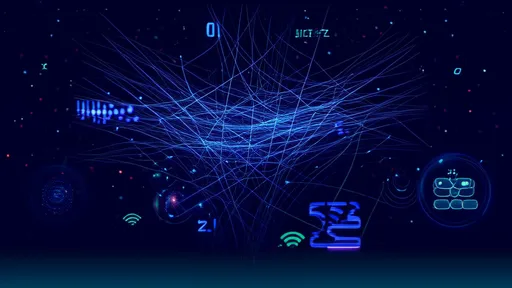
By /Jul 23, 2025

By /Jul 23, 2025

By /Jul 23, 2025

By /Jul 23, 2025
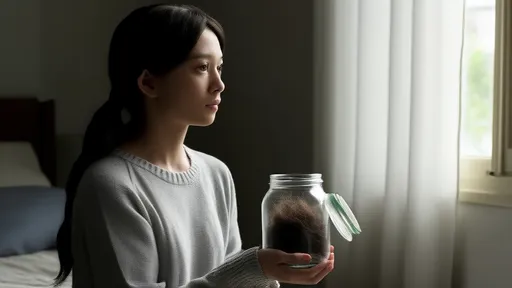
By /Jul 23, 2025
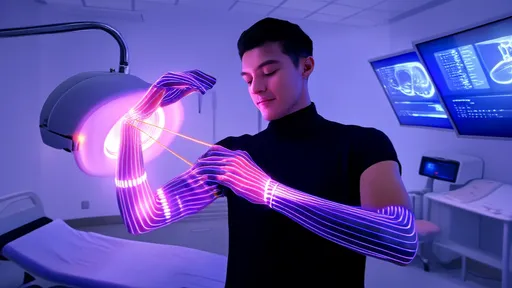
By /Jul 23, 2025

By /Jul 23, 2025

By /Jul 23, 2025
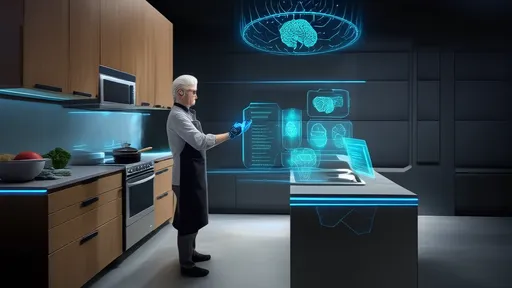
By /Jul 23, 2025

By /Jul 23, 2025

By /Jul 23, 2025
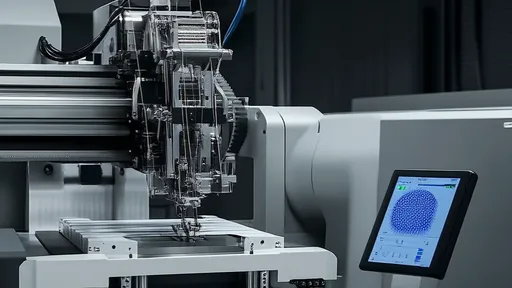
By /Jul 23, 2025

By /Jul 23, 2025
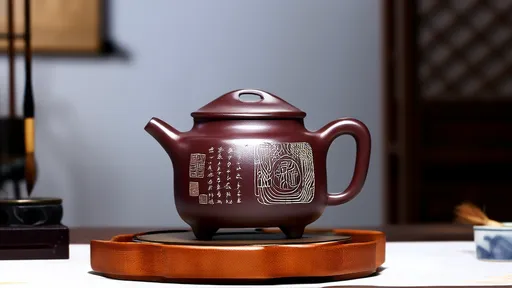
By /Jul 23, 2025

By /Jul 23, 2025
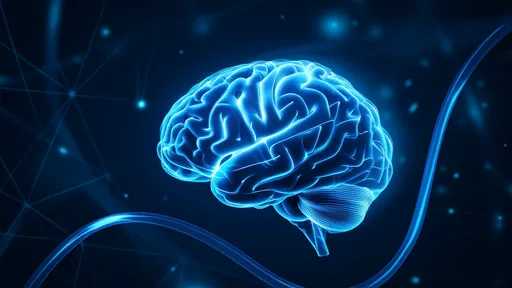
By /Jul 23, 2025